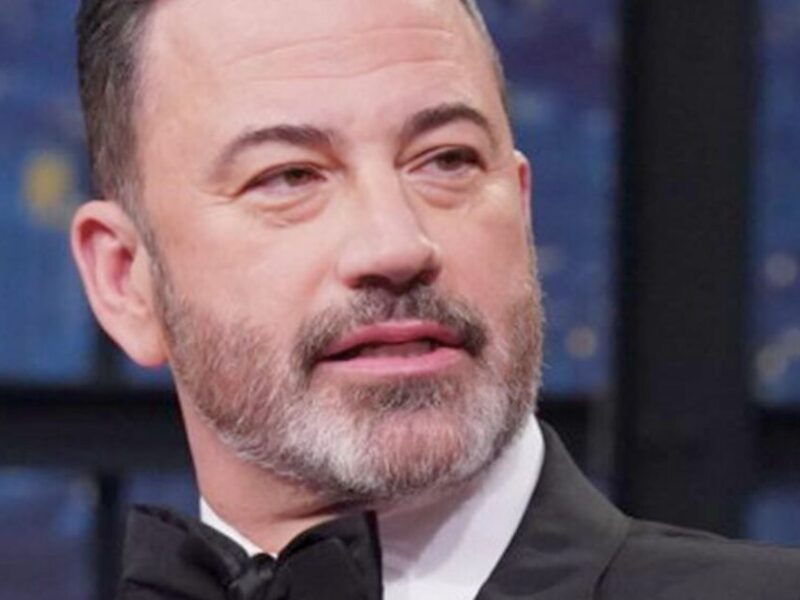Including transgender athletes in women’s sports has become a hot topic, fueling protests, legal battles, and political debates. Athletes, colleges, and political leaders are all involved, trying to find a balance between fair competition and inclusion in women’s sports
Nevada Volleyball Team Forfeits Match Against Transgender Athlete
On Saturday, the University of Nevada, Reno (UNR) women’s volleyball team chose not to play their scheduled game against San Jose State University (SJSU) because SJSU had a transgender athlete named Blaire Fleming. Instead of playing, Nevada players held a rally, where they called for women’s sports to be reserved for female athletes only. The rally had support from the community, including former swimmer Riley Gaines, who shared her experiences competing against transgender athletes.
UNR’s co-captain, Sia Liilii, said that the team’s decision wasn’t easy. She explained that they are committed to fair play but felt that competing against Fleming, a 6-foot-1 athlete who was male-born, wouldn’t be safe or fair. This was the fifth time this season that a team refused to play against SJSU.
Riley Gaines: From Athlete to Advocate
Riley Gaines, a former college swimmer, is now a strong advocate for restricting transgender athletes in women’s sports. Gaines competed against Lia Thomas, a transgender woman, in the 2022 NCAA swimming championships. She shared how uncomfortable it was for her and her teammates to compete against Thomas and share locker rooms. Now, Gaines is leading a lawsuit against the NCAA, arguing that allowing transgender women in women’s sports goes against Title IX, which was created to protect equal opportunities.
Her activism has gained the attention of political leaders, especially former President Donald Trump, who supports rules to stop transgender athletes from competing in women’s sports. Gaines has even spoken at Trump’s events, encouraging people to support her stand.
Political Leaders Join the Debate
Former President Trump and other Republican leaders have made protecting women’s sports a priority, promising to stop transgender athletes from competing if re-elected. On the other hand, the Biden administration has expanded protections under Title IX to include transgender individuals by defining gender identity as part of sex discrimination. However, many states have passed laws that stop transgender athletes from competing in women’s sports categories. Recently, the Supreme Court blocked parts of the administration’s policy, adding more legal tension to this issue.
Rumor of $50 Million Settlement Found False
Amid the controversy, some misinformation is spreading online. Recently, a viral claim stated that Riley Gaines received a $50 million settlement from the NCAA for her lawsuit. However, fact-checkers confirmed that this rumor is false, and there is no credible evidence to support it. Gaines’s lawsuit is still ongoing, and no settlement has been reached.
This false information shows a bigger issue, where rumors and exaggerated stories make an already sensitive topic even more difficult.
What Do People Think?
The public is also divided on this issue. A recent survey from the University of Chicago found that 65% of Americans believe that transgender athletes should rarely, if ever, be allowed to compete in categories that don’t match their birth sex. This opinion is even stronger for adult athletes, with nearly 70% opposing transgender women in women’s sports.
The future of transgender inclusion in women’s sports remains uncertain. Advocates like Gaines and the Nevada volleyball team argue that women’s sports should be limited to biological females to ensure fairness. On the other hand, supporters of inclusivity believe that transgender women should be allowed to compete according to their gender identity.
As this debate continues, it seems likely to remain a important issue that will impact not only sports policies but also broader discussions about gender rights and fairness.


